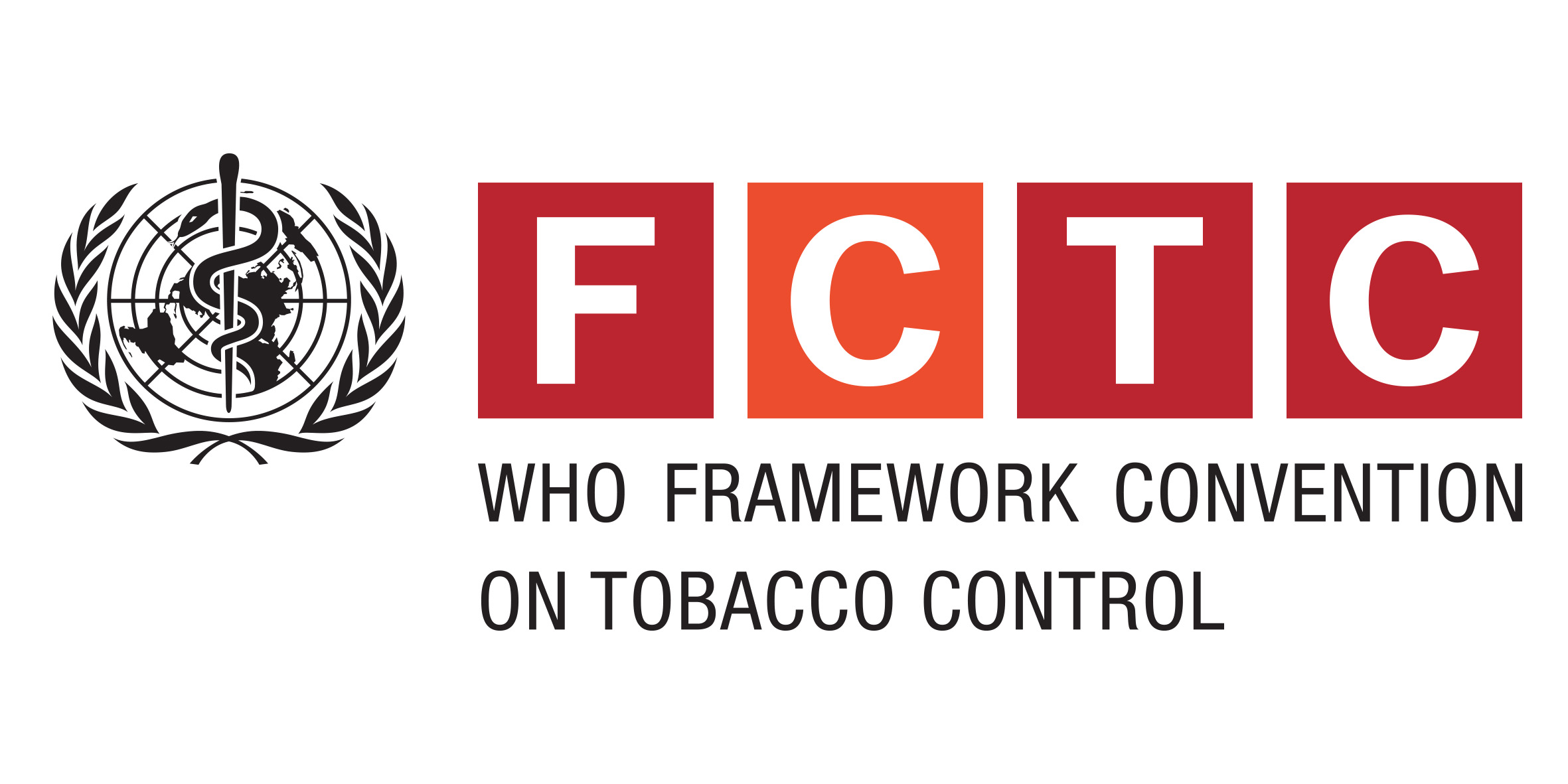Journal Article
Print(0)
Bundesgesundheitsblatt, Gesundheitsforschung, Gesundheitsschutz
Bundesgesundheitsblatt Gesundheitsforschung Gesundheitsschutz
Jul
57
7
779
788
LR: 20160707; JID: 101181368; ppublish
Germany
1437-1588; 1436-9990
PMID: 24950827
ger
English Abstract; Journal Article; IM
10.1007/s00103-014-1976-6 [doi]
Unknown(0)
24950827
The German Health Interview and Examination Survey for Children and Adolescents (KiGGS) 2003-2006 is the first nationwide comprehensive study on the health of children and adolescents living in Germany. The KiGGS first interview follow-up is a telephone interview study that collected, among other things, data on a number of chronic and vaccine-preventable diseases in 2009-2012 and is a combined cross-sectional and longitudinal study based on a population registry sample from the 167 KiGGS study points. The analysis is based on 12,368 respondents (7913 KiGGS follow-up participants aged 7-17 years, response 72 % and 4455 newly recruited 0- to 6-year-olds, response 42 %). Based on parent reports the lifetime prevalence of both chickenpox and pertussis has decreased in the population targeted by recently changed vaccination recommendations. For measles the prevalence remained unsatisfactorily high in each investigated age group. Of the children and adolescents aged 0-17 years 16 % (95 % confidence interval CI 15.2-17.0 %) had a long-standing chronic health condition according to the parents. Of these, however, only one in five was affected in their routine daily activities. The lifetime prevalence in 7- to 17-year-olds was 1.2 % (0.9-1.6) for epilepsy (0.4 % for the past 12 months), 5.0 % (4.4-5.7) for migraine, 0.2 % (0.1-0.3) for diabetes and in 0 to 6-year-olds 2.0 % (1.5-2.6) for heart conditions and 3.1 % (2.5-3.8) for febrile seizures with a -prevalence in 0 to 2-year-olds which are most affected of 1.0 % (0.6-1.6) in the past 12 months. The vast majority of children and adolescents in Germany are in good or very good health as suggested by other results reported in this issue; however, chronic conditions are not rare and need continuous monitoring. These results confirm that implementation of the vaccination recommendations of the German Standing Committee on Vaccination (STIKO) can lead to effective prevention of infectious diseases in Germany.
Neuhauser,H., Poethko-Muller,C., KiGGS Study Group
Chronische Erkrankungen und impfpraventable Infektionserkrankungen bei Kindern und Jugendlichen in Deutschland : Ergebnisse der KiGGS-Studie - Erste Folgebefragung (KiGGS Welle 1)
Abteilung fur Epidemiologie und Gesundheitsmonitoring, Robert Koch-Institut, General-Pape-Strasse 62-66, 12101, Berlin, Deutschland, neuhauserh@rki.de.
http://vp9py7xf3h.search.serialssolutions.com/?charset=utf-8&pmid=24950827
2014

